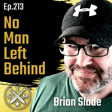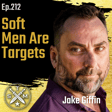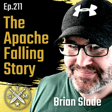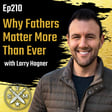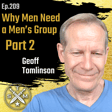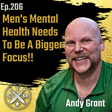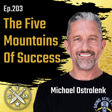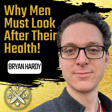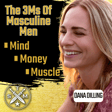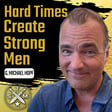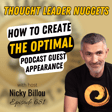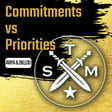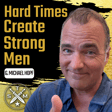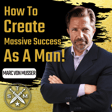
EP191: Bryan Hardy - How To Optimize Your Health
“Modern medicine is great for keeping you alive, but they can’t teach you how to live well.”
In a culture that prizes hustle and stoicism, many men are burning out by treating their bodies like machines. This episode explores how true strength means aligning with your biology—not overriding it. Health is foundational to masculinity, not a side quest. You don’t need two hours in the gym or 30 supplements a day. You need movement, quality food, and enough self-awareness to admit you can’t do it all alone. Vitality isn’t a luxury—it’s the launchpad for fatherhood, leadership, and purpose.
Hardy shares how a ruptured appendix and a year of poor recovery led him to obsess over human health. From navigating digestive issues to learning how modern environments suppress testosterone, Bryan breaks down why men feel tired, inflamed, and disconnected—and how to turn it around. His insights on stress, hormones, and masculinity are rooted in real-world case studies, not influencer fantasies.
Bryan Hardy is a certified holistic nutritionist and performance coach. He helps high-performing men rebuild their energy, optimize gut health, and live with purpose through his signature “Vital Man Method.” He’s the founder of RevitalizedMan.com and offers practical tools for modern men who want more strength with less stress.
Learn more & connect:
Go to https://revitalizedman.com/ to learn more.
And go to https://revitalizedman.com/nicky to complete the free testosterone optimization cheat sheet.
You’re invited to come to a Sovereign Circle meeting to experience it for yourself. To learn more, go to https://www.sovereignman.ca/. While you’re there, check out the Battle Ready program and check out the store for Sovereign Man t-shirts, hats, and books.
